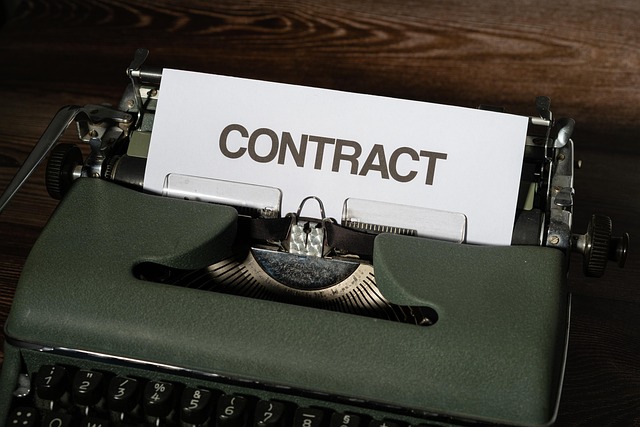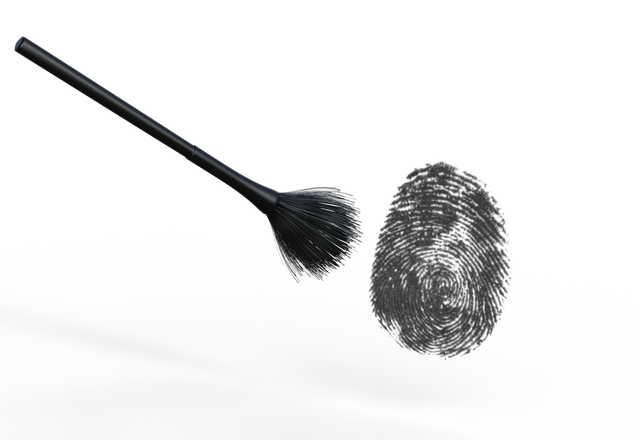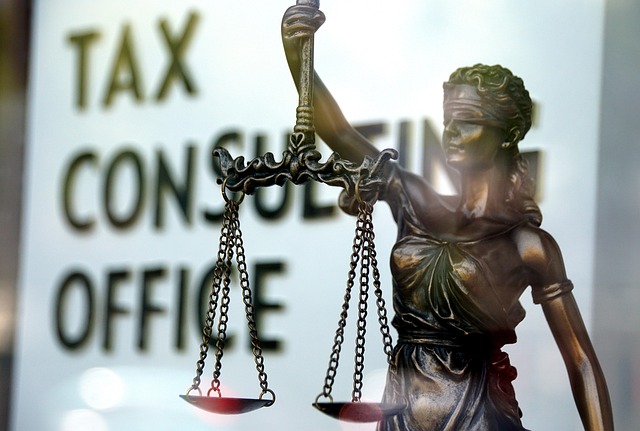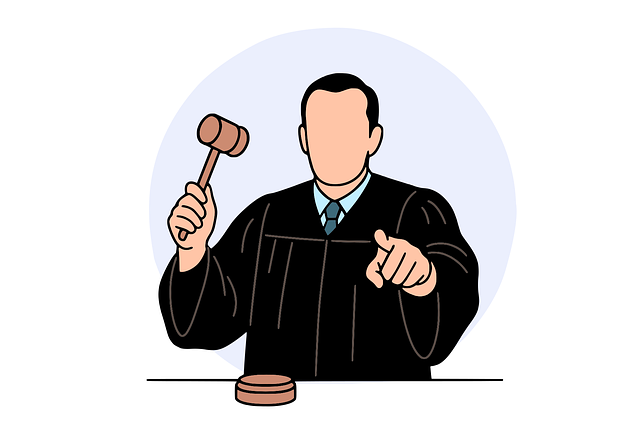After a Miami accident, victims can pursue a Miami accident claim for compensation through formal damage requests, aiming for quick resolutions. Legal action is crucial for serious cases, complex scenarios, or inadequate settlements, leading to potential substantial monetary awards or settlements. Understanding the difference between claims and lawsuits—both seeking justice and compensation—is key, with claims involving insurance negotiations and lawsuits initiated when these fail. Homeowner insurance policies have specific procedures that must be navigated.
In the vibrant, bustling city of Miami, understanding your rights after an accident is crucial. This article guides you through the key differences between a Miami accident claim and filing a lawsuit, empowering you with knowledge.
First, we demystify Miami accident claims: what they are, what you need to know, and when they’re sufficient. Then, we explore when a legal lawsuit becomes necessary. Finally, we delve into the practical distinctions between claims and lawsuits, equipping you to navigate this labyrinthine process confidently.
- Understanding Miami Accident Claims: What You Need to Know
- When Is a Lawsuit Necessary? Exploring Legal Recourse
- Key Differences: Claims vs. Lawsuits in Practice
Understanding Miami Accident Claims: What You Need to Know

When you’re dealing with the aftermath of an accident in Miami, understanding your legal options for a Miami accident claim is crucial. This process allows individuals who have suffered injuries or lost a loved one due to someone else’s negligence to seek justice and secure their client recovery. It involves filing a formal request for compensation with the appropriate authorities, which can help cover medical expenses, lost wages, and other related costs.
The key difference between an accident claim and a lawsuit lies in their scope and potential outcomes. While a claim is typically a more straightforward process aimed at resolving the matter without extensive legal battles, a lawsuit involves a court proceeding where both parties present evidence and arguments. Personal injury claims, including those for wrongful death, fall under this category. They can lead to substantial monetary awards or settlements if the claimant proves their case against the defendant.
When Is a Lawsuit Necessary? Exploring Legal Recourse

When a Miami accident claim arises, understanding when to pursue a lawsuit is crucial. While many minor incidents can be resolved through direct communication with the at-fault party or their insurance provider, there are circumstances where legal action becomes necessary. A lawsuit might be required if the other side refuses to acknowledge liability, offers an inadequate settlement, or fails to cooperate in the claims process. For instance, complex cases involving medical negligence or significant property damage often necessitate legal representation to navigate the intricate legal landscape and ensure fair compensation for victims.
In such scenarios, individuals affected by accidents may consider filing a lawsuit as their exclusive recourse. This formal legal process allows victims to present their case before a judge and jury, aiming to prove liability and secure accident settlements in line with the severity of their injuries or losses. Homeowner insurance claims can play a role in this process, providing financial support during legal proceedings; however, when these efforts prove unsuccessful or inadequate, pursuing a lawsuit becomes an important step towards seeking justice and compensation for Miami accident victims.
Key Differences: Claims vs. Lawsuits in Practice

When it comes to seeking justice and financial compensation after a Miami accident claim, understanding the nuances between a claim and a lawsuit is essential. While both serve as legal processes aimed at securing injury compensation, there are distinct key differences that set them apart in practice. A Miami accident claim typically involves a direct interaction with the at-fault party’s insurance provider. This process often starts with filing a demand for compensation, followed by negotiations to reach a settlement.
In contrast, a lawsuit is a formal legal proceeding where an injured party sues the responsible entity or individual. This escalates the dispute to the court system, where both parties present their arguments and evidence. Lawsuits are usually initiated when negotiations fail to yield a satisfactory Miami accident claim resolution, especially in cases involving serious injuries. Homeowner insurance claims, for instance, may be handled differently than personal injury lawsuits, with specific procedures and timeframes that vary based on policy terms.
In navigating a Miami accident claim or considering whether to file a lawsuit, understanding the key differences is crucial. While both paths seek justice and compensation, a claim typically involves a simpler process with less formal procedures, often resolving through negotiations or arbitration. In contrast, a lawsuit offers more comprehensive legal recourse, requiring detailed documentation and potentially leading to trial. The decision between these options depends on the complexity of the case, the severity of injuries, and individual preferences for resolution. Whether initiating a Miami accident claim or proceeding with a lawsuit, knowing your rights and options is essential to achieving a favorable outcome.






